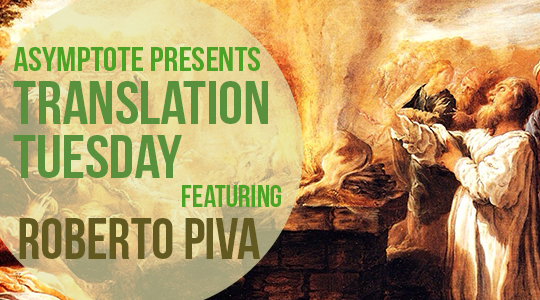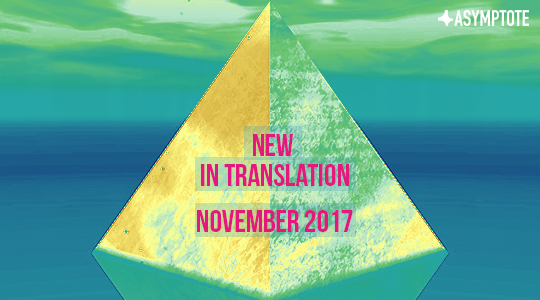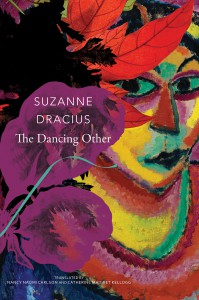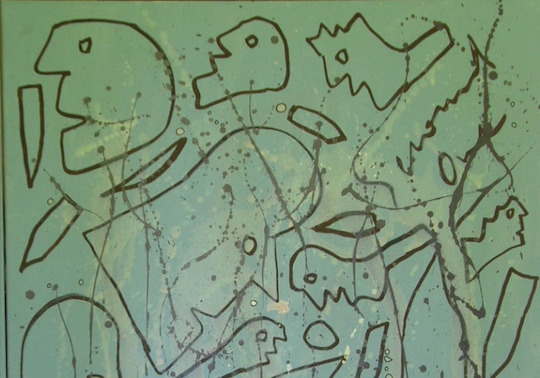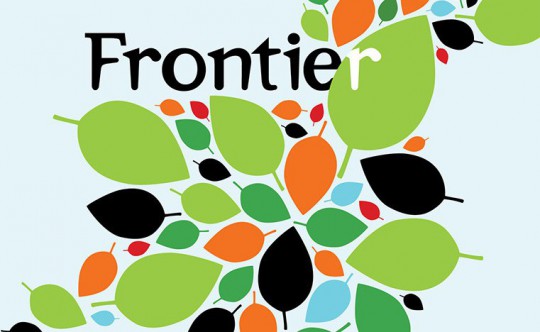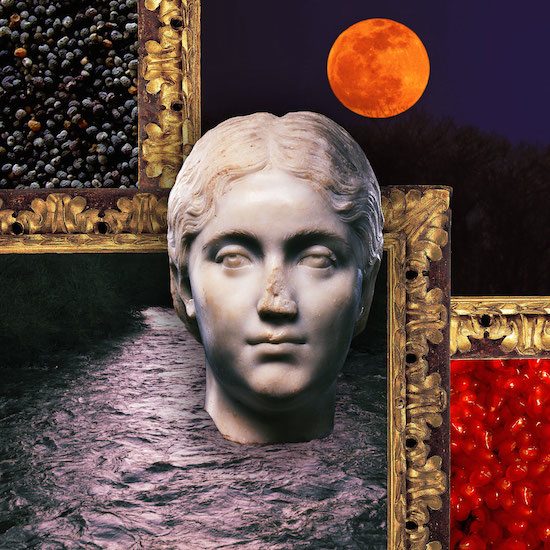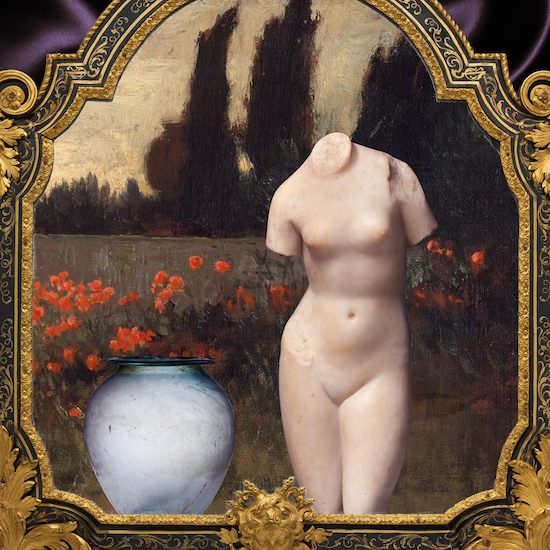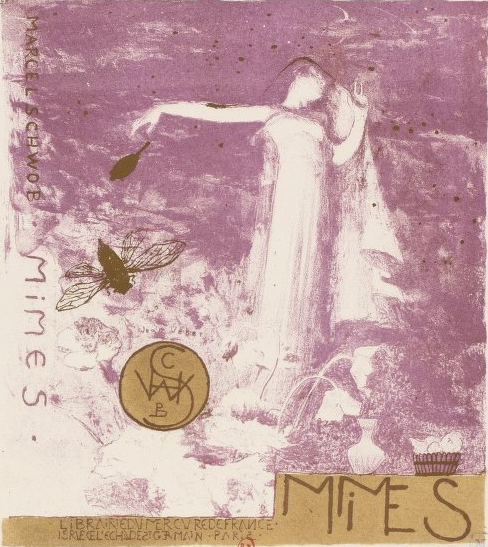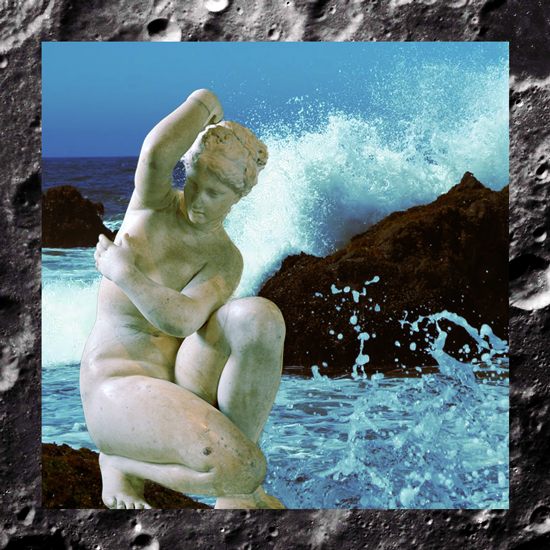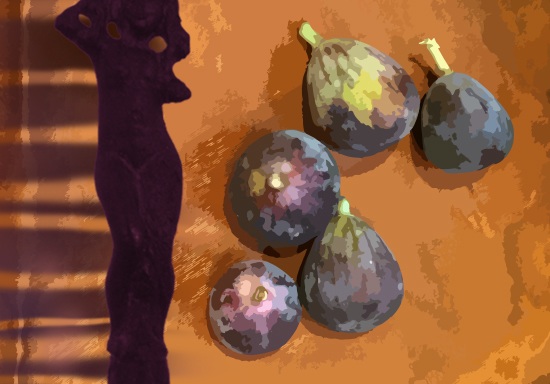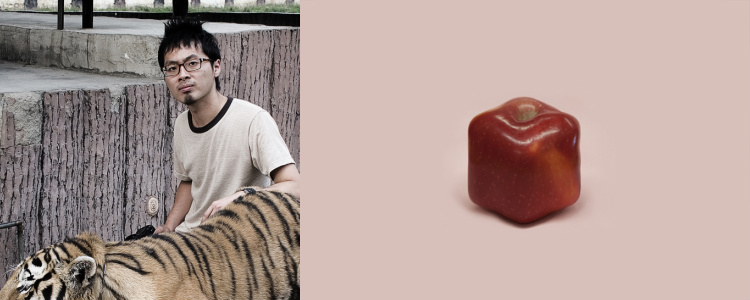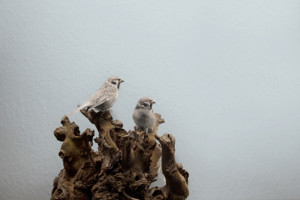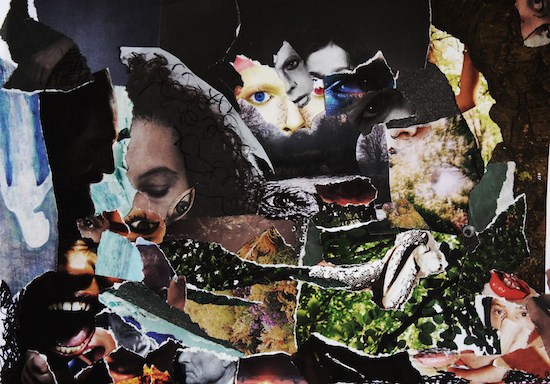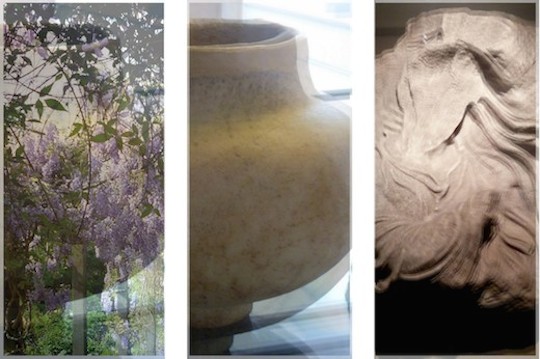Today we present the Brazilian poet, Roberto Piva, translated by Asymptote Editor at Large for Brazil, Maíra Mendes Galvão. At once spiritual and carnal, Piva’s poems are rooted in the chaos of the metropolis, the dirt and grime of the urban underworld, all with a Surrealist and sometimes Romantic tinge, at the heels of André Breton, Murilo Mendes, Lautréamont, and Pier Paolo Pasolini. His utter divergence from the formal constraints of constructivism and the then-flourishing Brazilian concrete movement, as well as his reliance on the sensorial, rendered him one of the “poetas malditos”—maligned poets—an outcast even from the infamous yet famous Brazilian “marginal generation.” “Piazza I” first appeared in Piazzas (1964), while “Poema Vertigem” (Poem Vertigo) was published in Ciclones (1997).
Piazza I
One afternoon
is enough to go mad
Or to hit the Museum to see Bosch
a winter’s afternoon
on a grave patio
where garòfani milk-shake & Claude
obssessed with angels
or vast engines that spin with
seraphic grace
playing the banjo of Remembrance
without the love found tasted dreamed of
& long municipal vivaria
without seeking to understand
imagine
the eyeless marrow
or virgin birds
it just so happened that I saw again
the simple mortal tower of Dream
not with real & cylindrical fingers
Du Barry Byron the Marquess of Santos
Swift Jarry with the noise
of bells in my barbarian nights
the chariots of fire
the trapezes of mercury
are hands writing & fishing
eschatological nymphs
small cannons of blood & the large open eyes
for some miracle of Luck
I am the jet set of damned love
INSIDE THE NIGHT & ITS ILLUMINATED CRAMPS
the parrots of death with Aristotle at the stern of thunder
THE WILL TO DRIFT AROUND LOVE’S DATA
spinach in the morning & cream cheese
sporty-souls with flowers between their teeth
my orange opening up like a door
YOUR VOICE IS ETERNAL I see the ashen hand tearing
the wall of the world
WE ARE IN LIFE DEFINITELY

